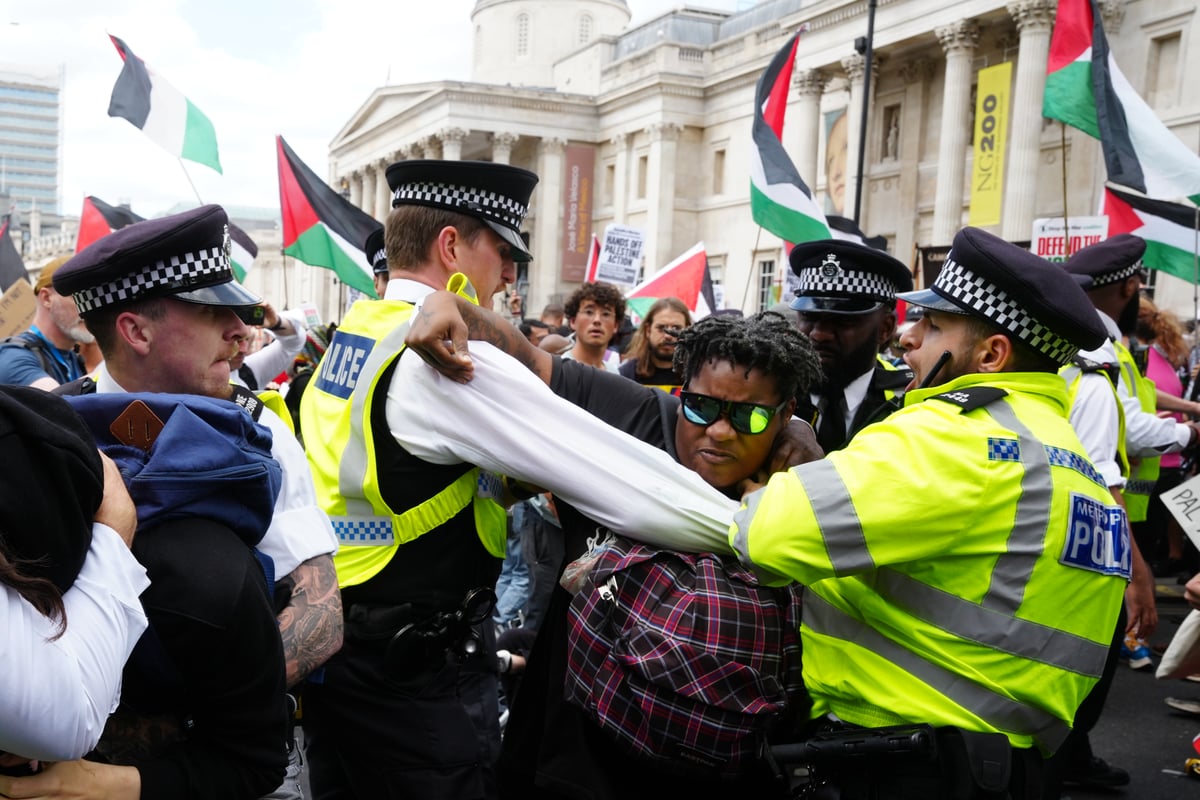The controversial proscription of Palestine Action as a terrorist organization by the UK government faces a pivotal challenge in the High Court, spearheaded by co-founder Huda Ammori. This significant legal battle is poised to scrutinize the boundaries of state power in classifying activist groups and its potential ramifications for fundamental rights.
Huda Ammori, a prominent figure in the Palestine Action movement, has successfully secured the right to bring a High Court legal challenge against the government’s decision. This judicial review aims to critically examine the legal basis and proportionality of the ban, which was enacted earlier this month amidst growing scrutiny of the group’s activities.
The essence of the legal challenge, sanctioned by Mr. Justice Chamberlain, centers on whether the government’s proscription “amounts to a disproportionate interference with the rights to freedom of expression and freedom to protest.” This framing elevates the case beyond a mere review of an organizational ban, positioning it as a crucial test for civil liberties in the United Kingdom.
Understanding the context requires a look at the UK government’s official definition of terrorism, which encompasses “the use or threat of action which involves serious violence against a person; involves serious damage to property; endangers a person’s life; creates a serious risk to the health or safety of the public or section of the public or is designed seriously to interfere with or seriously to disrupt an electronic system.” This broad definition provides the framework under which Palestine Action was proscribed.
Palestine Action is widely known for its direct action campaigns targeting companies with links to Israeli military and defense industries. A primary focus of their activism has been Elbit Systems, an Israeli defense electronics company that manufactures a significant portion of Israel’s drones, making it a key target for the group’s disruptive tactics.
The impact of Palestine Action’s sustained disruption campaigns has been notable, leading to the permanent closure of two Elbit Systems factories in the UK and the reported abandonment of its London headquarters. These actions underscore the group’s commitment to its objectives through direct, often confrontational, means.
Adding to the complexity of the case, Ammori faces accusations herself, including inviting support for a proscribed organization, Hamas, under the Terrorism Act, and two counts of encouraging ‘criminal damage’ against Israeli weapons factories under the Serious Crime Act. These charges highlight the legal tightrope walked by activists engaging in direct action.
The forthcoming High Court challenge is more than a legal dispute concerning a single organization; it represents a significant moment for the interplay between national security concerns and the enshrined rights to peaceful protest and freedom of expression. The outcome will likely set a precedent for how similar activist groups are treated under UK law, directly impacting the landscape of civil liberties.






Leave a Reply